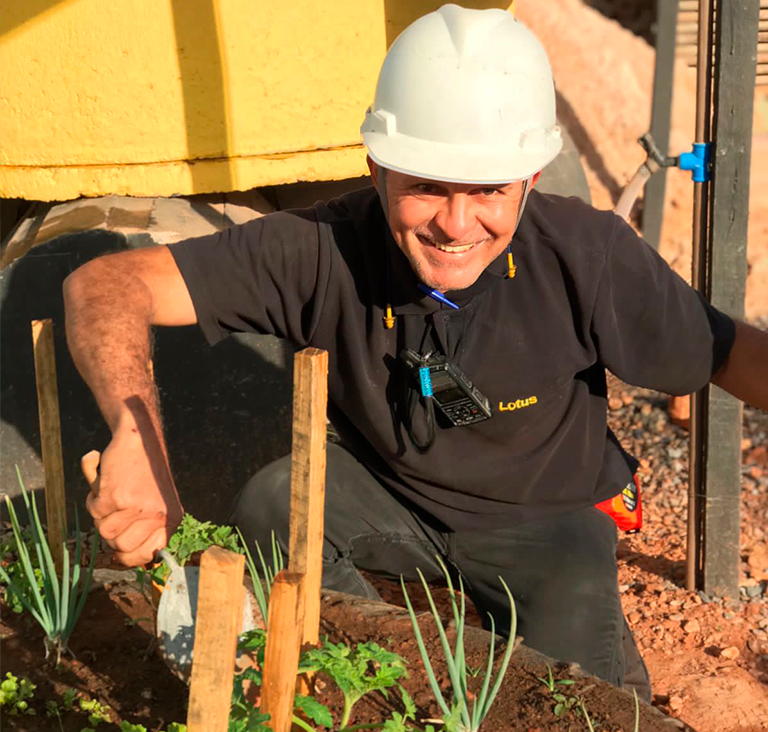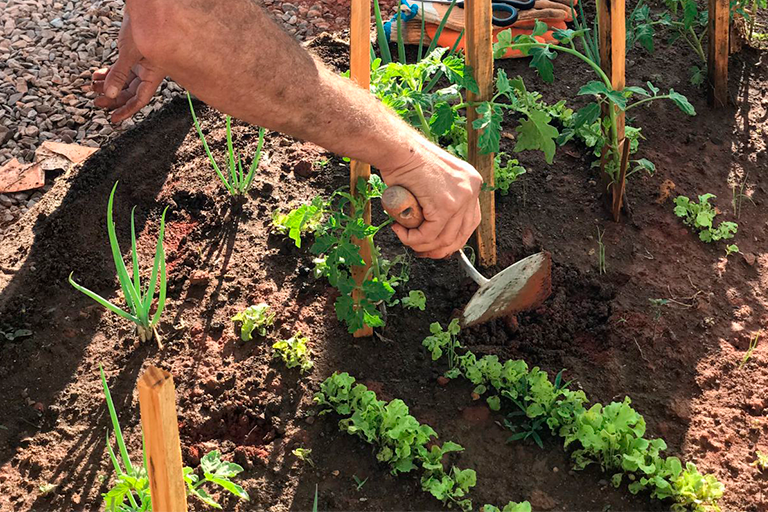Partnership with recycling companies allows wood waste to become high-quality organic matter for rural production.

Sustainability is already a core value in civil construction, but some practices are gaining ground on construction sites and turning waste into a positive environmental impact.**
Such is the case with the construction of *Haya*, a Lotus development in the Noroeste neighborhood. With its facade made of ribbed exposed concrete, the project requires increased use of wood for concrete formwork.
The leftover wood from the formwork, which would normally end up in landfills as waste, is instead sent to partner companies that recycle and use the material for composting.
Environmental Impact
Environmental engineer Luciana Souza, from *Sou Ambiental*, explains that properly treating wood waste ensures true sustainability on construction sites. “When sawdust isn’t treated and properly disposed of, it ends up in landfills, causing significant environmental damage through methane gas release and carbon emissions,” she reveals.
When sent to composting companies, the wood flakes turn into organic fertilizer within four months and are fully reused—even in the organic garden at the construction site itself.
Organic Composting
Renata Rebouças, a rural producer at *Chácara Cerrado Orgânico*, is one of the partners who receives the wood waste for reuse through composting.
“Composting is a natural decomposition process of organic waste to be reused as fertilizer,” explains Renata.
“We balance organic waste (like food scraps) with green pruning material (such as wood and tree clippings), ensuring reuse, recycling, and repurposing. This process improves food quality while helping the environment,” she adds.
Environmental Responsibility
Sustainability is a core pillar for Lotus in every stage of its developments—from planning to construction. “Our business vision is modern, and we work to transform environmental challenges into business opportunities. We want to inspire other companies, partners, and employees to build a better future,” says Ruy Hernandez, a Lotus co-owner. “Investing in sustainable practices creates value for both society and the environment,” he concludes.
Beyond composting, Lotus also reuses construction waste to create furniture, décor items, crafts, and even fuel.
“At Lotus, we recognize our vital role in supporting the global transition to a more sustainable world. We’re undergoing a transformation and committed to expanding knowledge and developing concrete solutions for a sustainable agenda,” reinforces another co-owner, Luiz Felipe Hernandez.



